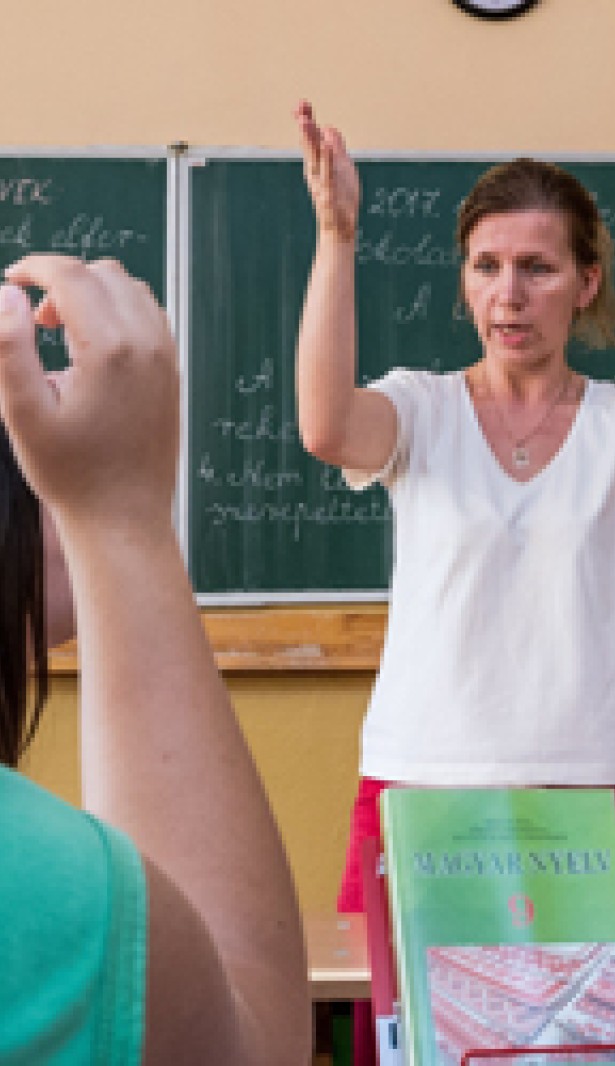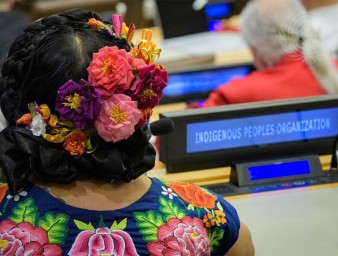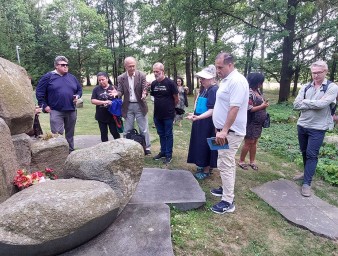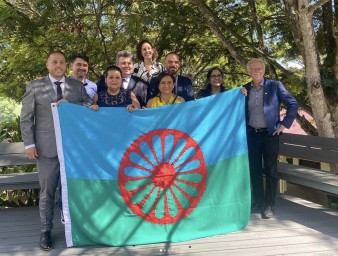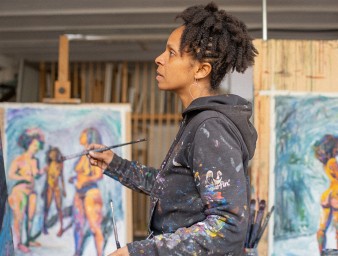Education in mother tongue a key element in success of minority youth
13 December 2017
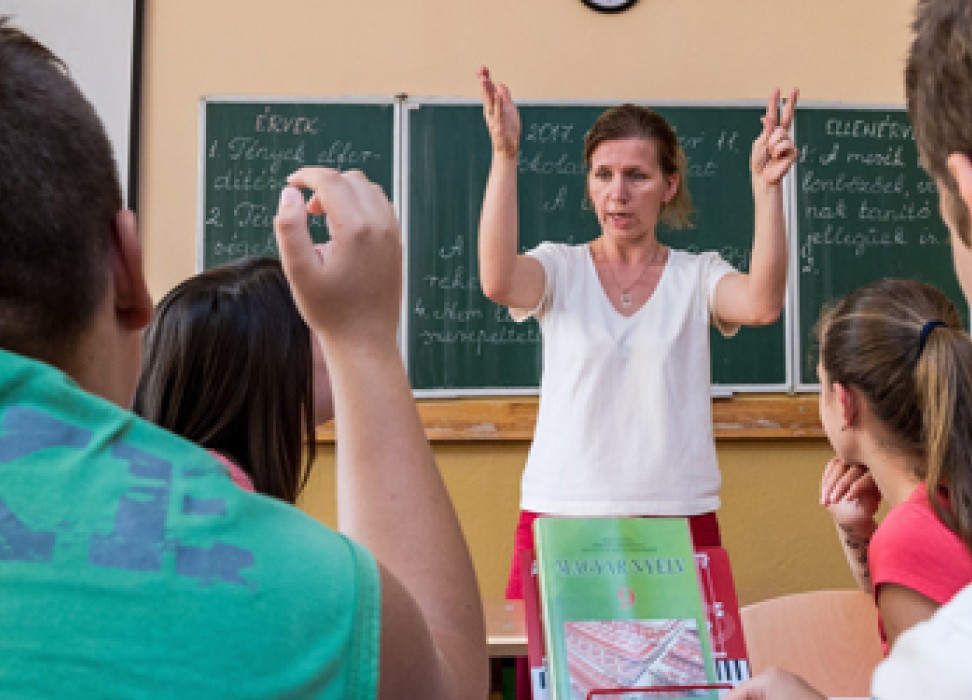
There is a bridge between two universities in Japan that is a small testament to the power of linguistic inclusion and outreach.
For more than 50 years Korea University, Tokyo (a Korean minority university) and Mushashino Art University (a Japanese arts university) were side by side, separated by single, chain link fence. Yet the two schools never communicated, recalled Wooki Park-Kim, a Korean minority rights activist born and raised in Japan. Koreans have been resident in Japan since 1910 due to colonization.
Recently, the students decided enough was enough. They built a bridge from the Korean side to the Japanese side and began to host art exhibitions in one another’s universities.
“Korean school students have been making great efforts to promote greater understanding with greater Japanese society,” she said.
Park-Kim was speaking about the importance of mother tongue instruction as part of inclusive education during the United Nations Forum on Minority Issues. The forum, which took place recently in Geneva, is a yearly meeting where minorities from across the spectrum -- linguistic, ethnic, religious, or national – to identify and analyse best practices, challenges and initiatives to full implementation of the Declaration on the Rights of Persons Belonging to National or Ethnic, Religious and Linguistic Minorities.
This year the forum focused on minority youth, toward a more inclusive and diverse society. Young people are the vanguard of activism for minority communities. Panel discussions looked into the role minority youth play in public life, as well as their contributions to discourse online – using social media as a platform for advocacy.
Upholding minority rights is not only the right thing to do – it is a powerful way to de-fuse tensions, prevent conflict and facilitate broad-based economic prosperity, said UN High Commissioner for Human Rights Zeid Ra’ad Al Hussein.
“No society will ever find sustainable harmony and peace without justice; and development will always be impeded when members of society are held back,” he said. “Minorities – and minority youth – are not a threat; they are under threat. They do not undermine social harmony and security; they enrich society with a diversity of outlooks, experiences and skills.”
One of the best ways to improve cohesion and inclusion for minority youth is through education, said Saskia Schellekens, Special Advisor to the UN Envoy for Youth. It plays a formative role in socializing communities in the ideas of citizenship and is “essential support for the development and maintenance of community identity.”
“It is also the primary means by which communities and individuals can sustainably lift themselves out of poverty, and a means of helping minorities overcome the historical injustices committed against them.”
Support from the government for mother tongue minority language education is crucial, said Nouha Grine, president of the Amazigh Culture Club in Tunisia. The club provides a space for Amazigh youth to learn more about their culture through events. While the government has recognized the Amazigh language, more needs to be done to allow its inclusion, she said.
“Young people have the right to learn in their mother tongue,” she said. “Linguistic diversity is also diversity”
Elzbieta Kuzborksa is a product of the minority language education system in Lithuania. Raised in a Polish environment, her schooling was in Polish, with the official language being taught as a separate subject. Far from creating separation, the former UN Human Rights Office Senior Minority Fellow said the system made her and her peers more fluent in both languages and improved comprehension.
“Education in mother tongue of children leads to encouragement, strength and enthusiasm and greater academic success,” she said. “It leads to greater family and community involvement.”
Kuzborska is now a board member of the Association of Polish Academics in Lithuania, where she organizes projects and conferences all with the aim to encourage the youth to take advance of the education systems and encourage better uptake of mother tongue education.
“Language is the key to inclusion,” she said. “Language is the centre of human activity, self-expression and identity. Recognizing the kind of importance that people place on their own language fosters the kind of true participation in development that achieves long lasting results.”
13 December 2017
